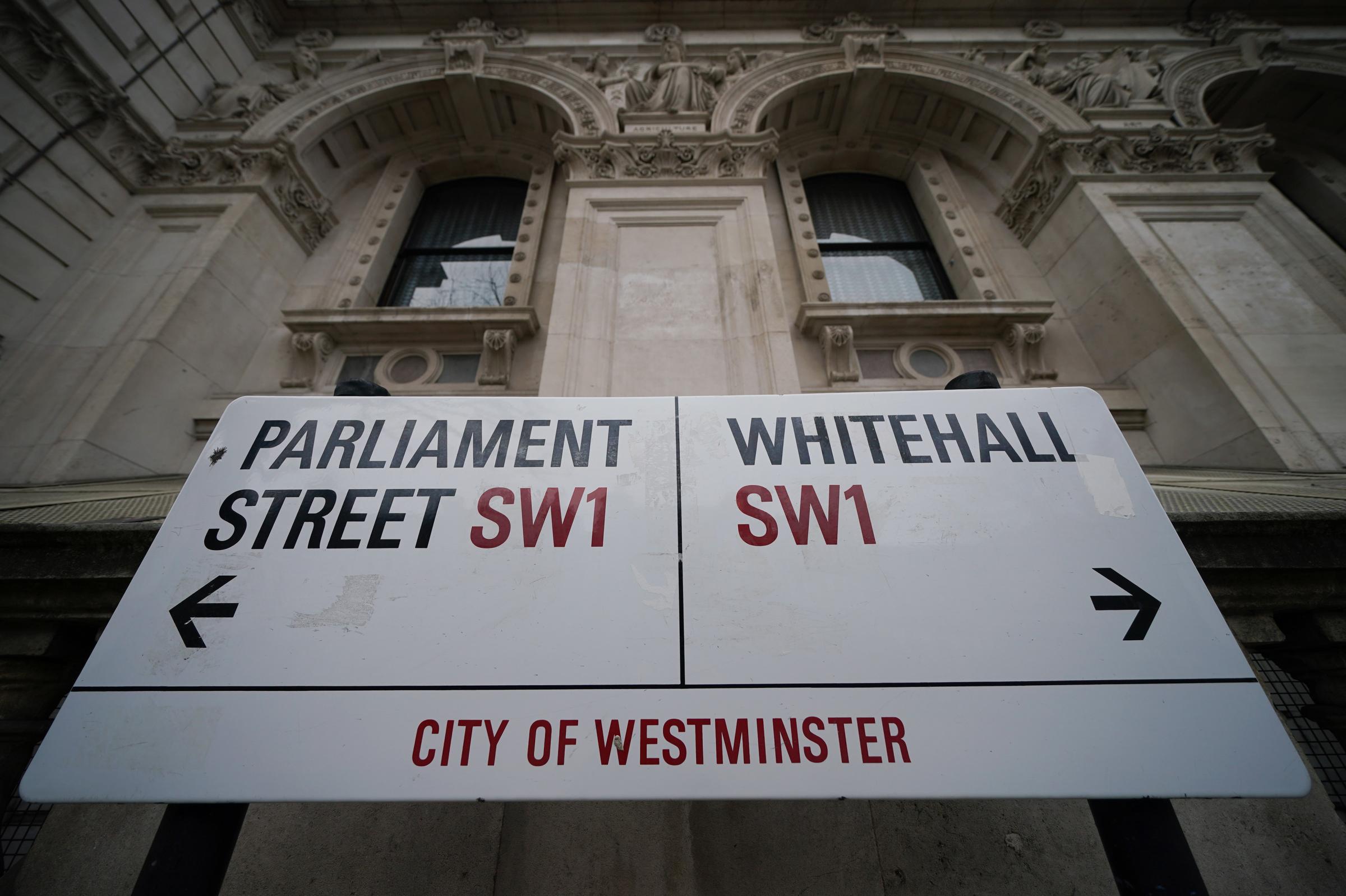
SCOTS are dying younger as a result of the “devastating impact” of Tory austerity, a study has found.
Those living in the poorest areas are now expected to stop enjoying good health when they turn 46 in what has been described as a “truly terrifying” reversal of improvements in Scotland's health outcomes.
Researchers said the findings were further evidence that “unprecedented” cuts to social security were a key driver in declining life expectancy.
A major, pre-Covid study spanning 24 years shows average healthy life expectancy (HLE) among men and women has declined from 51 since 2009, when the UK Government cut budgets for housing and welfare payments and introduced Universal Credit.
Dr David Walsh, of the Glasgow Centre for Population Health (GCPH), which led the study, said: "The emphatic point to make is that we shouldn't be seeing this in a country as wealthy as the UK, health life expectancy should be continuing to increase."
The decline in health was seen in the most and least affluent groups but was more significant in Scotland’s 20% most deprived areas, where there was a decrease of 3.5 years.
Recent data has shown that life expectancy across the UK has stalled in recent years - despite big improvements from the mid-1990s.
Dr Walsh said: "We see sharp increases in healthy life expectancy and then post-austerity we see this troubling decline.
"When you see that people in deprived areas are living to 46 in good health that is a truly terrifying statistic.

Declining outcomes in Scotland's health has been linked to Tory austerity
"It's about understanding these changes and the need to address them and as we talk about future budgetary decisions at UK Government level- and paying for the pandemic - we don't repeat the mistakes of austerity because the effects would be catastrophic for large sections of the community."
The decline in HLE among the most deprived in Scotland could be linked to cuts to social care budgets, Dr Walsh added.
The study concluded: "Our findings are further evidence of changing levels of pre-pandemic population health in the UK.
"An increasing body of UK and international evidence have attributed these changes to UK Government austerity policies.
"There is an urgent need, therefore, to reverse cuts to social security and protect the income and health of the poorest across all of the UK."
For the study, people were asked to rate how good their health was, from "very good" to "very bad".
Researchers said the findings are likely to be "understated" because those in better health would be more likely to respond to the survey.
A UK Government spokesperson said: “The new health and care levy will raise around £12 billion a year across the UK, with £1.1bn going to support the Scottish government to further invest in health services by 2024 – this is on top of their £41 billion annual block grant.
"Tackling health disparities is a priority for the government, and we will work with the Scottish government and the powers they have, to focus on the people and places who face the worst health outcomes.”
The research is published in the JECH (Journal of Epidemiology & Community Health.







